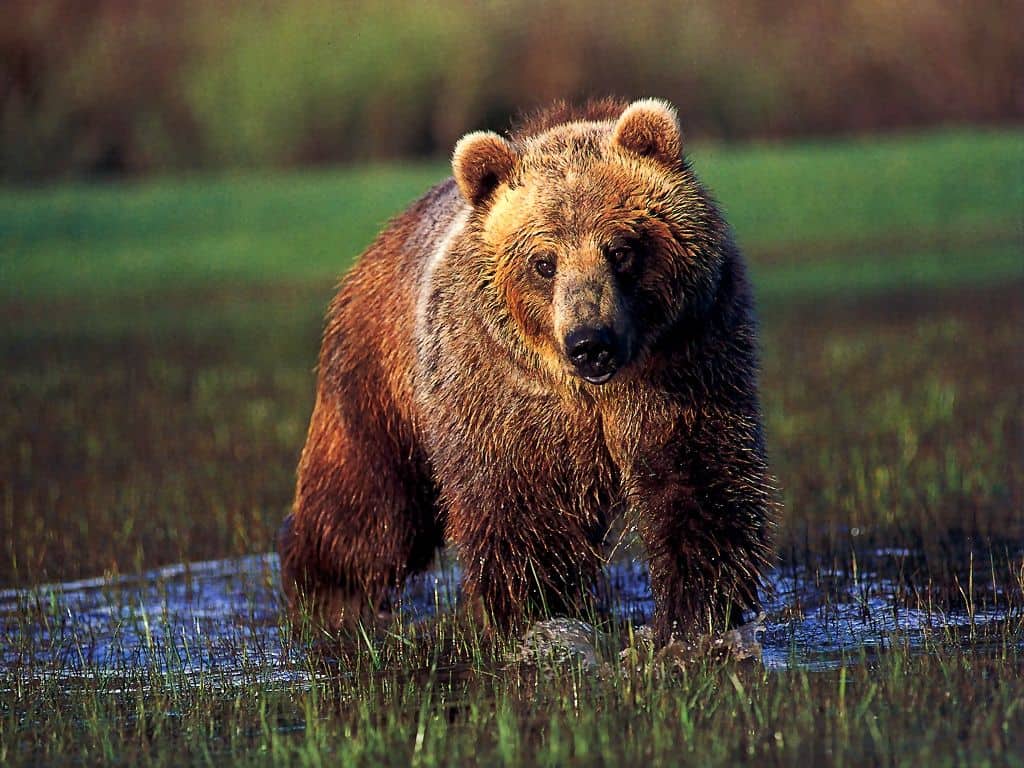Institute Comments on North Cascades Ecosystem Grizzly Bear Restoration Plan

To: Superintendent, North Cascades National Park Service Complex
From: Saul Weisberg, Executive Director, North Cascades Institute
Subject: Institute Comments on North Cascades Ecosystem Grizzly Bear Restoration Plan
Thank you for the opportunity to comment during the scoping process for the North Cascades Ecosystem Grizzly Bear Restoration Plan / Environmental Impact Statement.
North Cascades Institute strongly supports active restoration of grizzly bears to the North Cascades ecosystem.
For nearly 30 years North Cascades Institute has brought students of all ages to explore the mountains and rivers of the North Cascades. Ranging in age from 8 to 80, our participants come to experience, discover, learn from, and share this special part of the world. Now, the National Park Service, the US Fish and Wildlife Service and their partner agencies have the opportunity to restore a critical missing part of the wilderness puzzle that is the North Cascades – healthy populations of Grizzly Bears.
There are many reasons why grizzly bears should be restored to the North Cascades:
- Grizzly bears are a keystone species of the North Cascade. Through predation, scavenging and ground disturbance they impact the ecosystem and its wildlife and vegetation in profound and important ways. The loss of the few remaining grizzly bears would significantly degrade the ecosystem, from both a ecological and cultural point of view.
- With the restoration of grizzly bear and pacific fisher populations, the North Cascades ecosystem will have its full complement of native wildlife. This represents a plus for park visitors, as well as sustainable growth in local and regional economies through increased visitation and longer stays. Grizzlies, and wolves, fuel year-round visitation, guiding services and education opportunities in the Greater Yellowstone Ecosystem.
- Public support for grizzly restoration in the region is strong. While there would be challenges to restoration, in a predominately wilderness ecosystem of nearly 10,000 sq. miles, conflict with humans and livestock should be limited and controllable. Ongoing education and monitoring will be needed and has demonstrated success in other regions of the west.
- Restoration would contribute to ecosystem biodiversity and benefit present and future generations of Americans who live in ever increasing numbers in the ten counties that make up and surround the North Cascades.
- The North Cascades provide excellent grizzly bear habitat. Even though these magnificent animals have been nearly eliminated from the ecosystem, research indicates the North Cascades provide excellent grizzly habitat. Grizzly restoration would likely succeed with active support from the land management agencies and local communities. Such activities should begin soon.
Because North Cascades Institute brings significant numbers of people to the ecosystem to take part in conservation education programs, we have looked into issues of safety and risk management with peer organizations that operate in grizzly country. Yellowstone Association Institute and Teton Science Schools have worked with tens of thousands of school children, families and adults for over 40 years in the Yellowstone backcountry. If grizzlies were restored to the North Cascades, the additional protocols we would put in place, in addition to standard “bear aware” practices that we already require from all participants, is a minimum group size of four, with group leaders carrying bear spray. These protocols are basic for anyone visiting wilderness areas that contain large carnivores.
At North Cascades Institute we look forward to educating our students about grizzly bears, and one day standing with those students, looking out over an intact, healthy ecosystem, knowing the grizzly has returned home.

